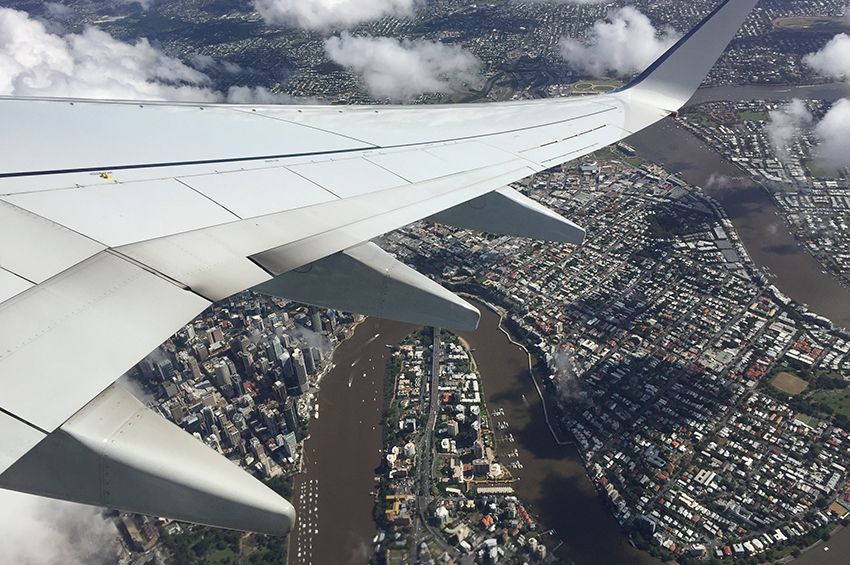In marking six months since the signing of the Cessation of Hostilities Agreement (COHA) between the Government of Ethiopia and the Tigray People’s Liberation Front (TPLF) in Pretoria on 02 November last year, the U.S. commends the parties for the significant progress on COHA implementation but said “complete withdrawal of Eritrean and non-federal forces from the Tigray Region,” key to achieving sustainable peace.
It also said it welcomed the beginning of talks in Tanzania, announced by Prime Minister Abiy, between the government of Ethiopia and members of the Oromo Liberation Army and “encourages all parties to negotiate in good faith toward a mutually acceptable resolution.”
In a statement attributed to Secretary of State Antony Blinken, the U.S. said the November agreement “began a process of peace and recovery that continues today,” but in addition to the complete withdrawal of Eritrean and non-federal forces, “a credible transitional justice process, including accountability for those responsible for human rights violations and abuses, will be key to achieving sustainable peace in northern Ethiopia.”
In march this year, the U.S. had determined that members of the Ethiopian National Defense Forces, Eritrean Forces and Amhara forces have committed “crimes against humanity” in the Tigray region, whereas all sides have committed “war crimes” during Ethiopia’s two years war that started in Tigray and spread to Amhara and Afar regions.
Multiple reports showed that Eritrean forces have committed atrocities against Tigrayan civilians since the start of the war, which has also been documented by human rights organizations, including the state backed Ethiopian Human Rights Commission (EHRC), highlighting “grave human rights violations and an attack against civilians in Axum city, Tigray region.
Although the Nairobi Declaration of the Executive Plan stated that “disarmament of heavy weapons will be done concurrently with the withdrawal of foreign and non-ENDF forces from Tigray, the whole Western Tigray and parts of Southern Tigray remained occupied by the Amhara forces, whereas Eritrean forces remained in parts of North-Western and Eastern Tigray where they are accused of continued atrocity crimes.
Today’s statement by the State Department also urged the “continued follow-through, including by deploying additional monitors for the protection of civilians and conducting an effective disarmament, demobilization, and reintegration process.”
The AU’s Joint Committee for monitoring and implementation of the had held its inaugural meeting at the AU headquarters in Addis Abeba on 10 February this year, but there has not been an official report published on the details of the implementation available to the wider public.
On talks in Tanzania
Commenting for the first time since the announcement of the ongoing talks in Tanzania between the federal government and the Oromo Liberation Army (OLA), the U.S. said it welcomed the beginning of the talks “and encourages all parties to negotiate in good faith toward a mutually acceptable resolution.”
Although, both the government of Ethiopia and the OLA have so far remained tight-lipped on the progress of the talks so far, Addis Standard reported last week that the two sides have so far engaged in multiple discussions on preliminary topics.
Among the topics of the various talks confirmed to have taken place include discussions on modalities and rules of engagement to pave ways for broader negotiations, according to two sources who are familiar with the matter. One source described the atmosphere as “encouraging.” There has been no further information about the ongoing the talks.
Both sides made the move to resolve the war that has gripped the Oromia region for nearly five years and destroyed countless lives and caused immeasurable destruction in the region, after calls for peace began gaining momentum, including from lawmakers representing Oromia regional state and the US government to end the war through peace negotiations.

